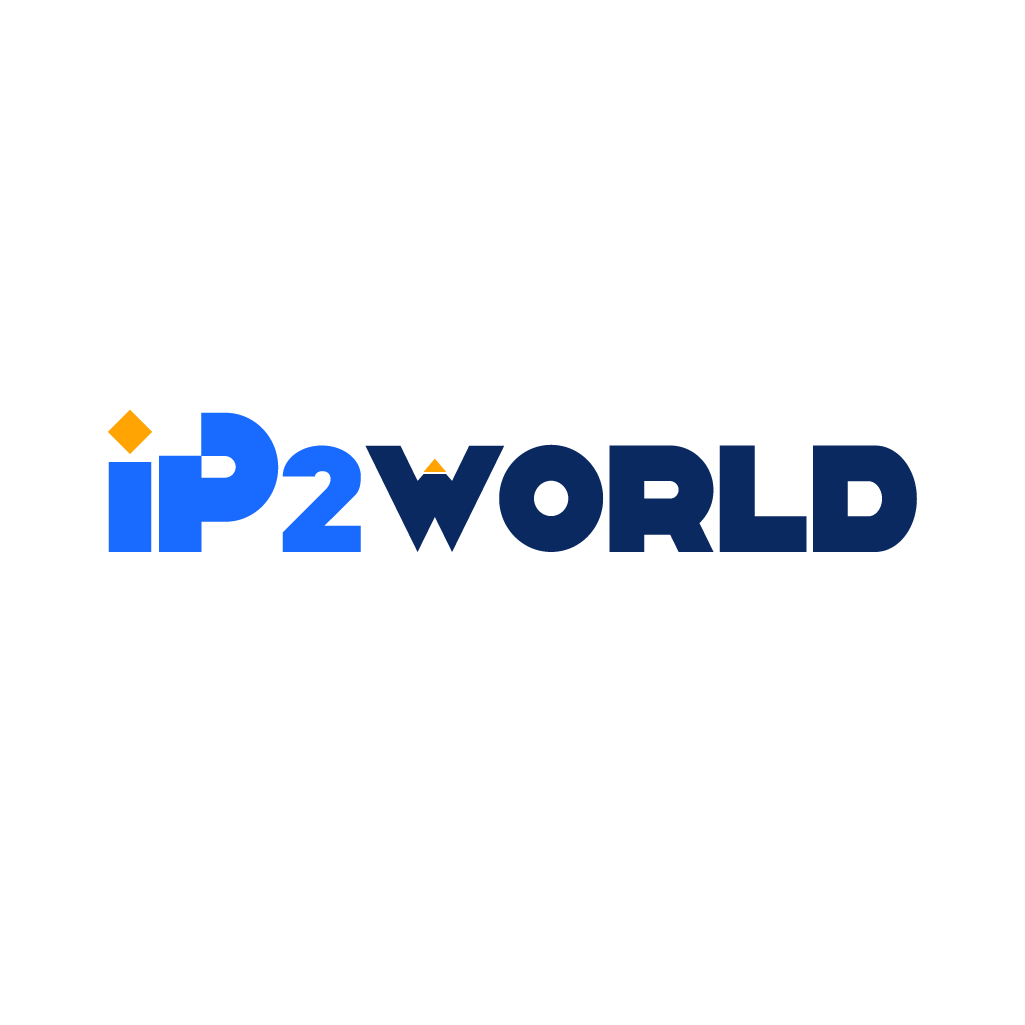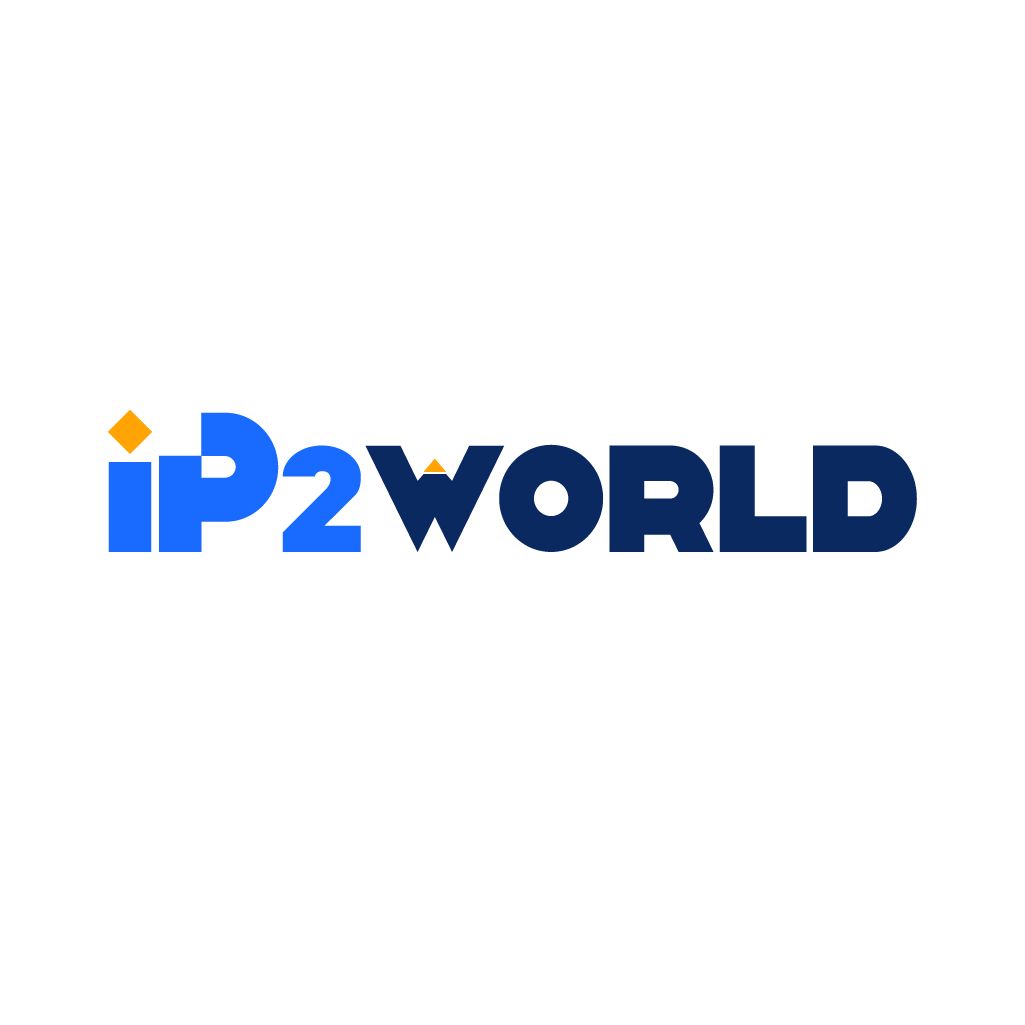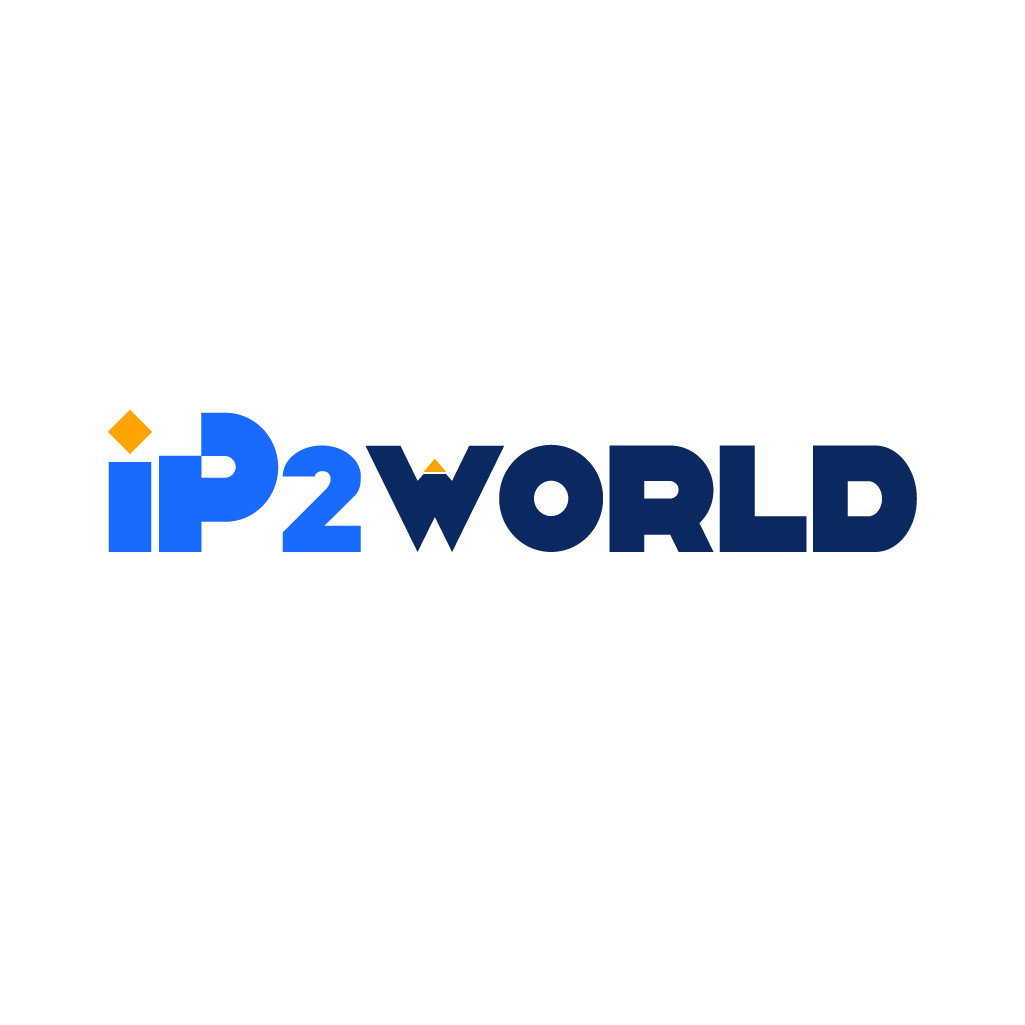Online food delivery services are a treasure trove of valuable data. If used effectively, this data can significantly improve understanding of customer preferences and provide a competitive edge. However, extracting this information can be challenging, and that's where IP2World's residential proxies come into play. Challenges in Food Delivery Data Gathering: 1. Scalability: Scaling data collection in the dynamic and fast-paced food industry may be challenging without the right resources. It requires monitoring multiple platforms, capturing data on time-sensitive offers, and analyzing huge amounts of data to understand market trends. The lack of proper tools or expertise can lead to inefficiencies and missed opportunities. 2. Outdated Information: The food industry is continuously evolving, and staying up-to-date with rapidly changing food offers, menus, and delivery options is critical. Relying on outdated information may lead to inaccurate assessments and wrong strategic decisions. 3. Geo-based Data: Monitoring food delivery trends worldwide often faces challenges like geo-restrictions. Accessing specific regional data to analyze different tastes, preferences, and market dynamics can be cumbersome if you don’t have the right technology to bypass these limitations. 4. Uplift Food Delivery Data Gathering: Scaling data collection to meet on-demand and fast-paced trends in the food industry requires real-time analysis and insights. This means adapting to the quick commerce market trends, scraping food data at scale, and delivering fast and affordable services. How Residential Proxies from IP2World Can Help: Scale Up Your Food Delivery Data Scraping:IP2World's Residential Proxies allow you to scrape multitudes of public sources without any restrictions. They enable unlimited concurrent sessions and bandwidth, ensuring that your customers get the best services. This automation facilitates high-speed data collection, making large-scale scraping more efficient and effective. Gather Food Delivery Data While It’s Still Hot:IP2World's Residential Proxies ensure that the data you extract is always fresh and relevant. By allowing real-time monitoring of public pages, you can capture dynamic food offers and market trends, ensuring that your analysis is up-to-date and your strategies are aligned with the current market demands. Uncover Global Trends and Monitor Food Data in Any Location:With IP2World's massive proxy network covering 220 locations worldwide, you can bypass geo-restrictions and gain insights into regional food trends. Be the first to reveal new eating trends and implement them in your location, without any hindrance from location-based barriers. Dynamic IP Rotation: Unrestricted Data Collection:IP2World’s dynamic IP rotation feature ensures seamless data collection from multiple food delivery platforms across the globe. This feature circumvents geo-blocks and scraping defenses, providing unrestricted access to quality data, enhancing your research's depth and breadth. High Uptime: Consistent Data Streaming:IP2World's proxies guarantee high uptime, delivering continuous and consistent data streaming. With an avg. 99.9% success rate, they enable real-time market trend tracking, ensuring that you never miss out on crucial market changes or emerging trends. Benefits of Using IP2World's Residential Proxies for Food Delivery Data Collection: - Real-time Insights into the Food Delivery Market: Utilize IP2World's Residential Proxies to gain enhanced business intelligence, track customer preferences, and develop scalable, cost-effective solutions that can give you a competitive edge. - Always Stay Ahead of the Food Delivery Game: With fresh and accurate data, you can make informed decisions that drive success. Stay ahead with insights into customer preferences, competitor strategies, and market trends. - Discover Global Food Trends with Geo-targeted Data Monitoring: By overcoming geo-restrictions, you can monitor food data from anywhere in the world. This facilitates a comprehensive understanding of global food trends, aiding in strategic planning and innovation. - Streamline Your Food Delivery Data Scraping: Optimize your service with IP2World's Residential Proxies, making your data scraping process efficient and timely. Stay ahead of the competition by adapting to changes swiftly, monitoring menu offerings, prices, and customer feedback without any restrictions or limitations. Conclusion:You may be aware of proxies in the context of internet browsing, but they are also powerful tools for data collection. Whether you are a food industry analyst, market researcher, or a curious food enthusiast, using IP2World's advanced proxy techniques can give you a significant edge in understanding global food trends, price variations, and consumer preferences.Harness the potential of IP2World's extensive proxy network, including features like geo-targeted static proxies, to access international restaurant websites, online food marketplaces seamlessly, and gather invaluable global menu and pricing data. Choose IP2World's Residential Proxies for your food delivery data collection needs and stay ahead of the curve in this competitive industry.
2023-08-18



